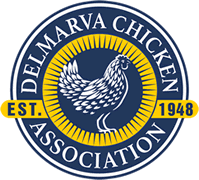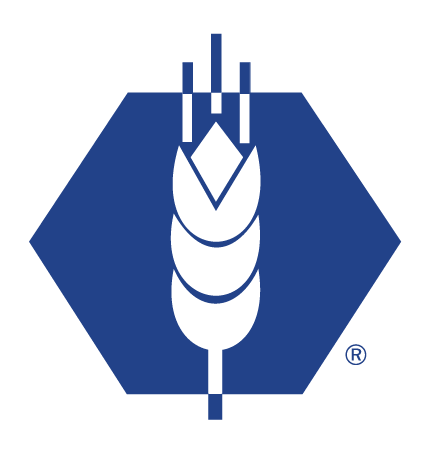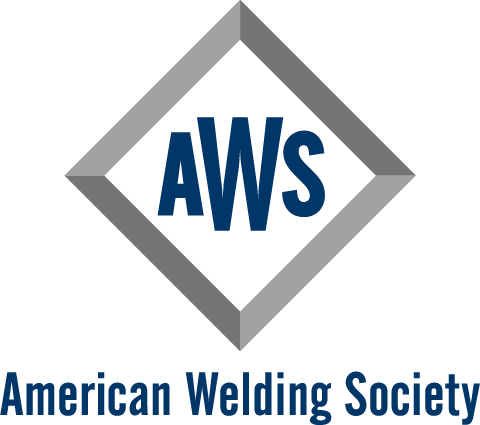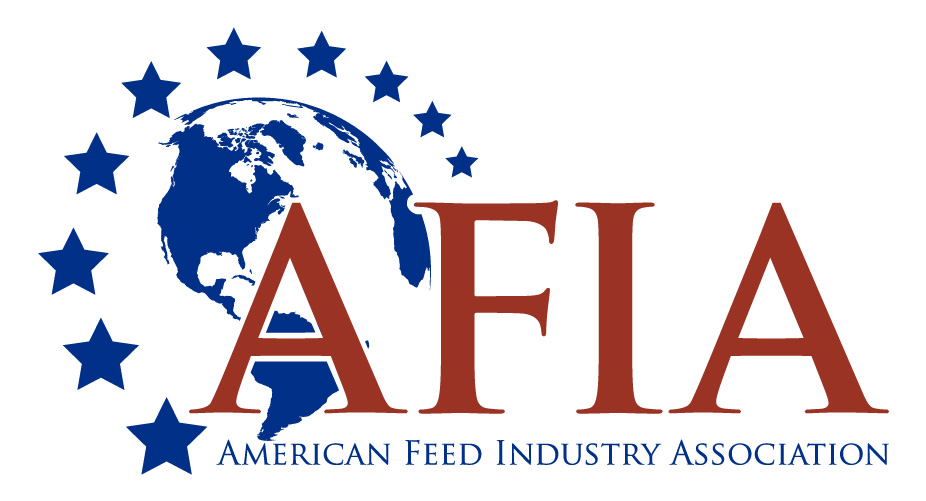In December 2017, the first 30 participant s took part in the inaugural Hands-On Training (HOT) Program from GEAPS and Kansas State University. The participants represented 16 companies and hailed from 13 states across the U.S. Over the course of two and a half days, they worked in small groups on six different types of common grain conveying equipment.
Overall , feedback for the course was very positive. One of the participants was Rhonda Knutson, United Grain Corp, Minneapolis Chapter. Rhonda is account manager and bookkeeper at her facility. She was interested in the program to prepare for future promotions. She was looking to expand her mechanical and operational knowledge, to build her skill set beyond administrative duties.
“I really enjoyed taking equipment apart and putting it back together,” Knutson said. “I would have to say that removing the tiling from the distributor and then having the chance to put it back together all by myself was a great experience. I am always around equipment like this, and I know the names of the major parts, but this training allowed me to see the inner workings to get a better understanding of what is happening at our facility when the employees go out to work on this or that.”
Michael Leyva, Keen Project Solutions, Non-Chapter, took part in the program to see if it could supplement his company’s in-house training. As quality control and millwright apprenticeship trainer,
his duties include training millwrights. He said the program is unlike anything else available to the industry today.
“We were trying to figure out how to do the training in-house without purchasing large pieces of equipment or having large areas to provide that training,” Leyva said. “This training is a great opportunity for newer mechanics in the industry, and also for engineers. It’s an opportunity to understand more than how to install equipment at your facility, but also how to design accessible areas for equipment.”
Michigan Agricultural Commodities had five employees take part in the training, including Duane Geiger, operations manager.
“At times, the training was challenging for some of our guys,” Geiger said. “Everyone really appreciated the forum the instructors used. It allowed for questions and conversation. I would be comfortable sending ops guys who are both new to the industry or more experienced.”
GEAPS Associate member Brad Trost, Maxi-Lift, Non-Chapter, thought the program was very useful, including the networking. Trost is a technical sales specialist, and he said he used the training to expand his knowledge base and gain a better understanding of what his customers deal with on a day-to-day-basis.
Paul Blodgett, manager of the Hal Ross Flour Mill where the training took place, was impressed and looks forward to future offerings.
“I think the training went very well for being the first course,” Blodgett said. “I think each instructor was very knowledgeable and provided good feedback on what could be done to enhance the program after they had completed their segments with different groups.”
Instructor Observations
Experts from across the industry volunteered their time to teach the individual modules that make up the program.
One of the instructors for the course was Carlos Campabadal, Great Plains, who was the course manager for Kansas State University. He managed course logistics, and worked very closely with GEAPS to develop the training. He said the program is important because both organizations are leading institutions in their respective areas.
“Everything went as planned and the participants were very satisfied with the training modules and what they learned during the course,” Campabadal said. “I think that the main highlights are that this course is the first open enrollment course for true hands-on professional development training for the grain industry where participants were able to work with real life-sized equipment and learn directly from industry experts.”
Like Campabadal, course instructor Bob Marlow, Hoosier, has been working on the HOT Program for a number of years before volunteering his time as an instructor.
“We had a really engaged class,” Marlow said. “It was a lot of folks who were open and willing to learn. They asked a lot of questions, and were very engaged in the program.“
Marlow said the HOT Program is valuable to the industry because it’s another stream of education, and the experience of actually putting hands on the equipment is important.
Reggie White, RN-Conveyance Co, Mid-Atlantic, volunteered to present in addition to his company donating the bucket elevator used in the training. He said there were many reasons his company supported the training, and one of the main ones was the similarity to their approach in maintenance friendly designs.
“When it comes to replacing a drive, a bearing or a belt, it calls for real hands-on work and knowledge,” White said. “We offered our bucket elevator to the program because it would be a great tool for GEAPS to use in preparing maintenance, contractors and operators to adjust, replace parts and all around have more knowledge of the inner workings of the machine.”
White also mentioned that the small group format encouraged good topics and involved group discussions. He thought most participants took something away from the conversations.
HOT Networking
Beyond the experience gained working on the equipment, participants were also able to expand their professional networks by interacting with their peers and instructors.
“I made some new connections and it was fun to learn about the variety of backgrounds that they came from,” Knutson said. “It was a real eye opener when they would share stories about different equipment and processes that they use to complete their daily duties. There were so many different backgrounds and years of experience
represented within this group of individuals.”
Leyva used the program as an opportunity to make new connections across the Midwest. He was able to promote himself and his skills, as well as the expertise of Keen Project Solutions.
Overall, the initial offering of the HOT Program was a tremendous success. GEAPS and K-State are still evaluating the program, and planning when it will be offered in 2018 and beyond. For more information on the HOT Program, visit hot.geaps.com.
Original article from GEAPS InGrain.





